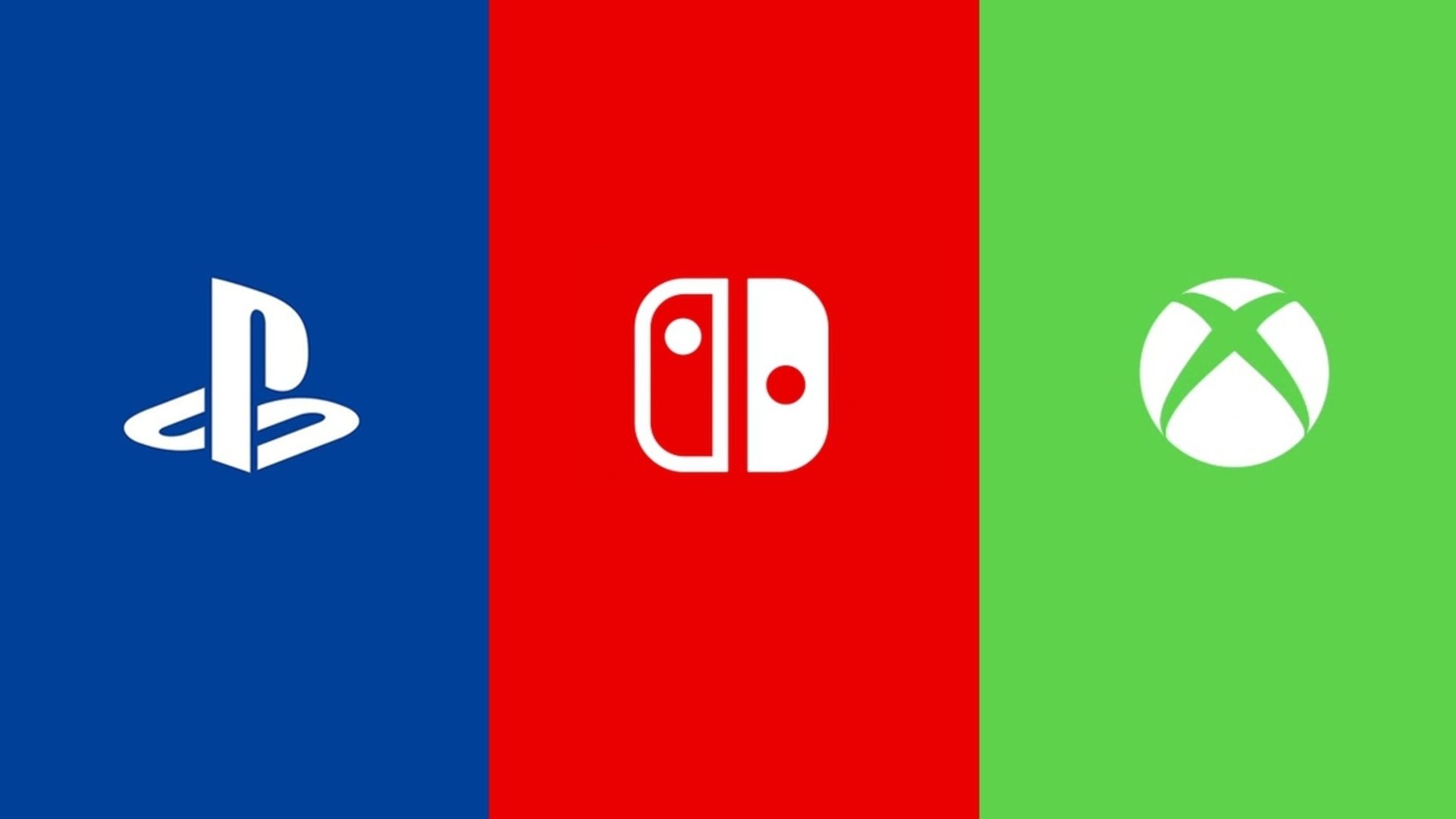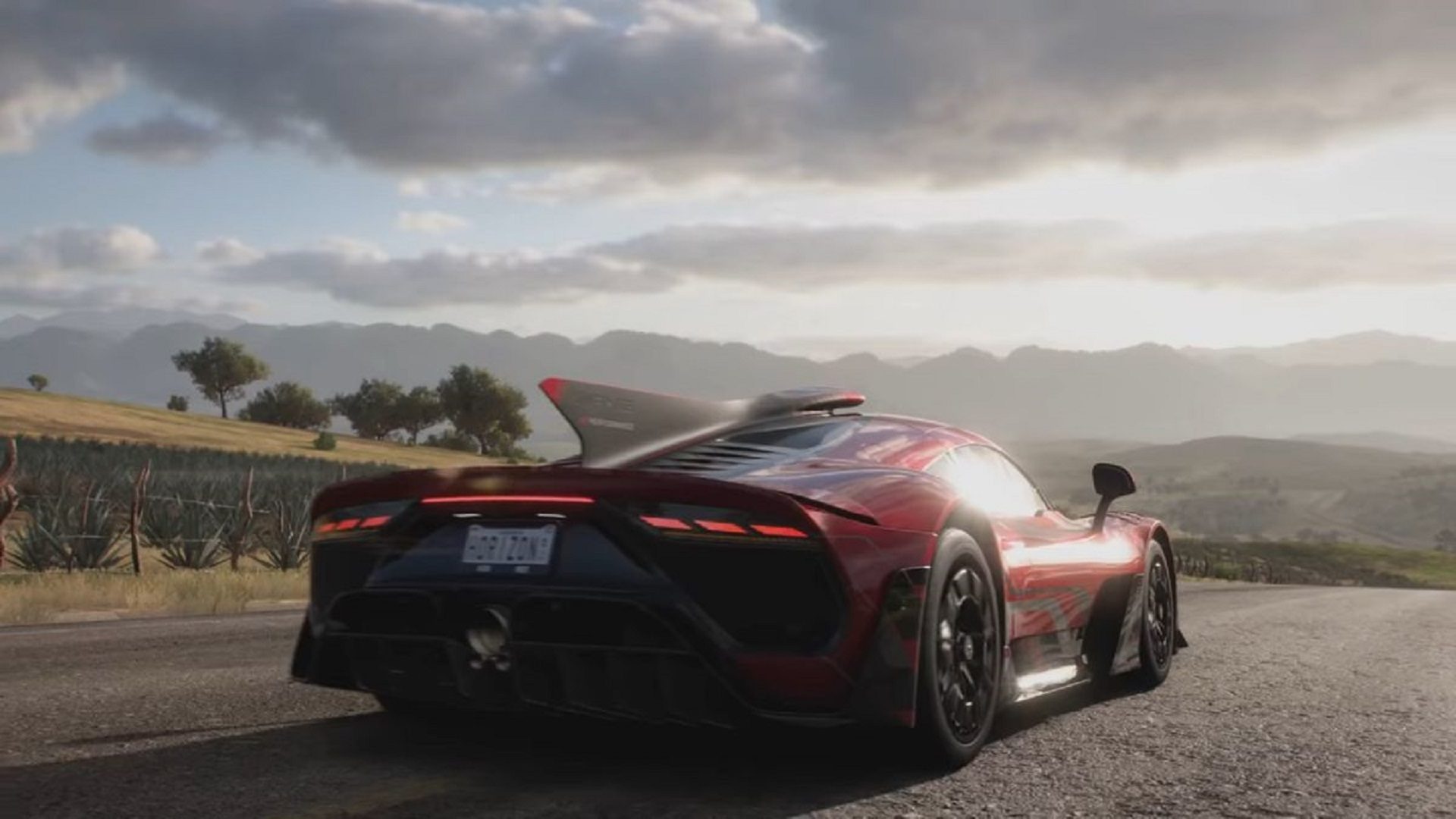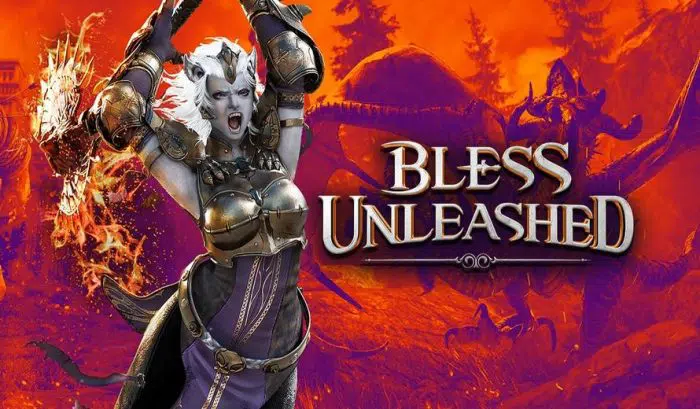

2021 was a very interesting year for video games – after COVID completely upended the tea table for everyone and everything everywhere around the world, the true impacts of the disruption it caused on the gaming industry were felt through this year. Multiple major games that may have been officially planned or generally expected for this year got delayed into next year – we are speaking of games such as Horizon: Forbidden West, The Legend of Zelda, God of War Ragnarok, Gran Turismo 7, Final Fantasy XVI, Elden Ring, and many, many more.
At the same time, we got so many great games too, many of them unexpected surprises – for example, the long rumoured and basically given up on as an urban legend Metroid Dread got announced, marketed and then released this year, and ended up being a hell of a game too. Titles such as Lost Judgment, Life is Strange: Lost Colors, Forza Horizon 5 and The Great Ace Attorney got announced and released this year, and yes, once again, they ended up surpassing expectations, with at least those of those being considered the highlights of their respective series and genres. While many games got delayed, others that were announced for this year ended up coming out when scheduled after all (often in the face of widespread cynicism about their ability to meet their release dates) and ended up being great – Tales of Arise, NEO: The World Ends With You, Shin Megami Tensei V, Halo Infinite, Monster Hunter Rise, Deathloop, Ratchet and Clank: Rift Apart, Resident Evil Village, and Psychonauts 2, among many others, all generally beloved.
The impact of COVID was felt beyond just game releases too – for example, the PlayStation 5, Xbox Series X, and the new Nintendo Switch OLED model all continue to be in dreadfully short supply across the world – because COVID impacted manufacturing and supply chains, and availability as a result has been impacted (both Sony and Nintendo have confirmed they have had to revise their manufacturing projections and estimations downwards as a result, in fact). Valve’s newly announced Steam Deck, an excellent seeming portable gaming PC in the vein of Nintendo Switch, ended up getting delayed out of 2021 as a result of COVID-induced manufacturing bottlenecks, as did the excellent Playdate (the quirky boutique handheld system with a crank that got announced last year).

So it’s been a weird year across the board, no question. And nowhere is this most evident than when you consider the three console manufacturers. Xbox, PlayStation, and Nintendo have all three had their share of ups and downs in these last eleven months – a lot of them caused by the lingering effects of COVID, yes, but many more coming down to the general missteps and arrogance that seems to set in with all three of these any time they are doing well. And they are all doing well. For example, PlayStation has had a cavalcade of bad press this year, from the initial pushback against the price increase to $70 for their games, to their planned shutdown of the PS3 and PS Vita stores (which they walked back on after the backlash, to be fair), to them not offering a free upgrade from the PS4 version of Horizon Forbidden West to the PS5 one, in spite of initially promising it (another decision they walked back on after the backlash, only to double down on their cross-get upgrade fees and pricing for every other release going forward), to the aforementioned delays, to complaints about their cross-get upgrades and pricing strategies, to criticisms about the confusing way PS5 handles cross-gen game saves and installations next to Xbox’s Smart Delivery, to when the PS Studios developed MLB The Show 21 ended up launching day one on Game Pass for Xbox while PlayStation users had to pay full price for it.
Nintendo and Xbox had their similar share of missteps as well – for the former, the biggest misstep came with the announcement of the Switch OLED version, after literally years of speculation of an impending Switch Pro upgrade for the hardware. The Switch OLED, instead, was a very marginal and iterative upgrade, and to make matters worse, it costs more than the base Switch model. Next to the previously mentioned Steam Deck, the Switch OLED looked like an even worse deal. Nintendo reiterated there were no plans to launch a Switch Pro, and to be fair, once the Switch OLED came out, it ended up being generally well received across the board and remains sold out – but that initial announcement generated a lot of bad press for them. The Switch OLED, then, wasn’t a bad move for Nintendo – but the pricing for the NSO Expansion Pass, which includes N64 and Genesis games, was awful, bringing the service’s fees much closer to the pricing for the far superior PSN and XBL. And make no mistake, NSO does not deserve that pricing, it barely deserves the shoestring pricing it asks for the basic version to begin with. Matters were made worse once the service actually launched and it turned out that the emulation for N64 games (which is what the higher tier of the service had been sold on to begin with) was bafflingly bad – baffling, because Nintendo has gotten this right multiple times over in the past, including on the Wii and Wii U Virtual Consoles.
Xbox’s bad press primarily came down to one bad announcement, which, to their credit, they did walk back on almost right after the backlash – which was an announced price increase for Xbox Live Gold. This was something that many rightly deemed to be a cynical ploy to push people towards just subscribing for the Game Pass Ultimate tier (which includes Game Pass, EA Play, and Xbox Live Gold for just a little more money than the proposed increased price) instead, and which Microsoft has doubled down on. The pushback was loud (and, hilariously, came after a few months of some strong suggestions by so-called insiders that Xbox Live would be going free), and Microsoft decided to not only not increase the price, but also, finally, make free to play games not need an Xbox Live subscription to be played, a long overdue change that finally brought them on par with PlayStation and Nintendo on this front.
Bad press in and of itself is irrelevant, however, because ultimately one buys a console for games – and that’s where this last year has been so interesting. One reason Xbox felt like it was getting a bit drowned out in the conversation early in the year was that Microsoft literally had no releases for Xbox. After the console’s launch late last year, we got The Medium, which wasn’t very good, and then there wasn’t really much in the way of exclusive first party support for the console until November. This felt especially acute, because Sony and Nintendo were receiving some great games for their systems in this period – Monster Hunter Rise, Returnal, Ratchet and Clank: Rift Apart, Metroid Dread, Persona 5 Strikers, SaGa: Frontier, Deathloop, Guilty Gear Xrd Strive, Monster Hunter Stories 2, The Great Ace Attorney Chronicles, NEO: The World Ends With You, Disgaea 6 as well as re-releases of Ghost of Tsushima, Final Fantasy VII Intergrade, The Legend of Zelda: Skyward Sword, Death Stranding, and Super Mario 3D World, among many other games, are all major new releases that came out in this period either exclusively for PlayStation, or Switch, or on both PlayStation and Switch, but not on Xbox specifically. And while there were still multilatfoprm releases Xbox got in this period, such as Resident Evil Village, Super Monkey Ball Banana Mania, Samurai Warriors 5, Ninja Gaiden Master Collection, Lost Judgment, Sonic Colors Ultimate, Little Nightmares II, Psychonauts 2, Far Cry 6, Tales of Arise, and NieR Replicant, they were far fewer in number than the ones it did miss.
The interesting thing with game releases for 2021 is how each of the three console manufacturers had different release window strategies – Sony had a couple of major first party games on the PS5 for the first half of the year, and then literally nothing else for the rest of the year. No new first party PS5 game launched after Ratchet and Clank: Rift Apart, though we did get Ghost of Tsushima and Death Stranding rereleases in the ensuing few weeks. The one major PS5 exclusive release that came after that was Deathloop, which was… by Microsoft owned Bethesda. Amazing, really. Nintendo’s release strategy falls somewhere in between Microsoft and Sony’s – they had primarily re-releases for the first half of the year, with Skyward Sword and Super Mario 3D World, mixed in with some lower tier new releases, such as Mario Golf and New Pokemon Snap, and packed in their heavy hitter newcomers into the back half of the year, with Metroid Dread, and Pokemon Brilliant Diamond and Shining Pearl. For Nintendo, the situation got alleviated by the fact that in addition to the healthiest stream of third party releases a Nintendo platform has seen in over two decades, the major third party exclusives they got were spread out as well – Monster Hunter Rise was March, Monster Hunter Stories 2 was July, No More Heroes 3 was August, Shin Megami Tensei V was November. So between their own releases, third party exclusives, indie releases, and third party multiplatform games, the Switch always felt like it had a flow of games coming in, which was a perception something the other two systems didn’t quite nail throughout.
Xbox, as mentioned, felt like it had nothing going in the way of major new exclusive releases for the majority of the year. Now, to their credit, at least one part of this is attributable to the fact that, unlike Sony and Nintendo, who are all too happy to simply re-sell you the games you already owned and played on older systems for a markup on their new system, Xbox will give you enhancements to their older existing first party games on the Series X for free – so rather than those being used to pad out their release schedule, you just get a better playing version of a game already in your library with no extra effort or payment required on your end. I personally think I would take a so-called sparser lineup of games in exchange for something this effortless and customer friendly. And while the Series X did lack new major exclusives in this period, other than the aforementioned The Medium, it did get a whole bunch of new releases that it shared with PlayStation, Nintendo, and PC, along with some surprisingly memorable indie games, such as The Artful Escape and Sable.

But Xbox ended the year strong – Forza Horizon 5 launched in November, and is arguably the most successful launch of the year in terms of capturing the zeitgeist. It stands as one of the greatest racing games ever created, and the critical reception was rapturous – something that was then followed up by its immense player driven success too, with over 10 million players having played the game already. Halo Infinite, which got a disastrous reveal last year, got steadily better press through this year, and the multiplayer got a surprising shadow drop release in November to commemorate the 20th anniversary of the original Halo, achieving high player numbers and a general acknowledgment that 343 Industries had nailed, if not the progression, then the general mechanics and game feel of Halo. The campaign, which finally launched this month, over a year after it had initially been planned to release alongside the Series X, ended up being widely acclaimed too, signalling that, at long last, 343 Industries seemed to have nailed Halo – in the process delivering arguably its best new release in a decade. Combined with the extremely positive reception of Psychonauts 2 (an Xbox Game Studios game, just one that launched multiplatform) and Age of Empires 4 (an Xbox Game Studios game, just one that launched exclusively on PC), there was a sense that momentum for the Xbox had finally turned positive after what felt like a very long time – they had been garnering great press through the year, often at the expense of the competition, and with only one misstep which was immediately rectified, and while the lack of major games to drive interest in Xbox specifically was acutely felt for most of the year, by the end of the year, it felt like, at long last, after years of promises, Microsoft seemed to be finally delivering on their promise of a better first party lineup as well.
So who won 2021? It was such a weird year. But I think, as we stand in the here and now towards the end of it, it’s fairly easy to say that Xbox ended the year on top – Sony and Nintendo made too many missteps and garnered far too much bad press, while Xbox really didn’t. While all three did well on the games front (albeit with differing concentrations of release windows, for whatever reason), Xbox feels like its first party has the most momentum at the moment, coming off of the back of four back to back successful game launches, at least three of which are legitimate Game of the Year contenders – more than either Nintendo or Sony mustered this year (amusingly enough, PlayStation’s biggest GotY contender across the board is an Xbox Game Studios game too). While all three platforms did well this year, and I am sure you would have been happy no matter what you owned, relative to where they started, and relative to the other two, I think Xbox ended higher. So they take the gold this year. As for silver, it comes down to whether you preferred the output on Switch or PS5 this year. I think both were fairly equivalent – so only your personal preferences will dictate that one.
First place is clear though – and for the first time in literally over a decade, the answer to that question is: Xbox.
Note: The views expressed in this article are those of the author and do not necessarily represent the views of, and should not be attributed to, GamingBolt as an organization.

